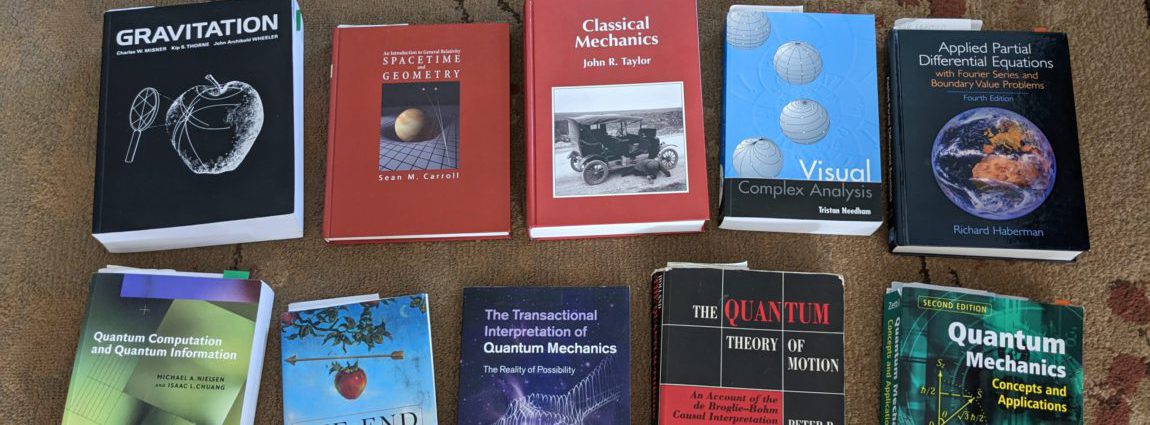The question here is:
Do quantum effects play a non trivial role in living systems?
It is understood that quantum mechanics provides the description of events at the molecular and in some cases even the cellular level. At one time it was assumed that the “quantum effects” were restricted mainly to interjecting a certain amount of irreducible uncertainty “at the bottom” in biology.
However, since the turn of the century, it appears there have been an increasing number of researchers who believe living systems may not be a “stable classical layer” on top of microscopic quantum level, but rather that effects such as superposition and entanglement may play a role in the processes of life at the macroscopic level.
Resources
- Review Article on Quantum Biology
Nature Physics 2012. Available online. - Seth Lloyd on Quantum Life / 2011
- This video might serve as a brief introduction to the subject. I gather that Lloyd was originally sceptical, but quickly warmed up to the idea.
- Largely about photosynthesis. Mentions decoherence free subspaces.
- Also touches on bird direction sensing and (human) smell.
- Quantum evolution / Johnjoe McFadden / 2001
- A popular book, but not all that bad. There a lot of “padding” but I think chapter 12 more of less summarizes his ideas. In my opinion, this book is much better written than the more recent “Life on the Edge” by and McFadden Al-Khalili .
- He makes an interesting point on page 212 that (for example) a particle in isolation really has no well defined state. i.e. no position, momentum, etc. So the environment is necessary to even really define what the state is. While I accept that this is true of the mathematical model, I’m not sure if it has the practical significance implied. But it’s intersting to think about.
- P. 256-258: His take on the “definition” of life.
- His basic thesis appears to be that molecules (or small groups of them) remain in superposition, exploring various alternatives, until they are “measured” by the cell (which perhaps means until they reach the criteria for decoherence). This will be more likely to occur in cases where the resulting actions/mutation have evolutionary advantage. He has references to some studies where “useful” mutations happen more often than random.
- Here are the links to McFadden and Al-Khalili’s technical work, as well as a critical review by Matthew Donald, and McFadden and Al-Khalili’s response to that review.
- A quantum mechanical model of adaptive mutation
Johnjoe McFadden and Jim Al-KhaliliBioSystems 50 (1999) 203 – 211 (1999) - Review of the Quantum evolution by Matthew J. Donald
- Response by McFadden and Jim Al-Khalili
- A quantum mechanical model of adaptive mutation
- Quantum Aspects of Life – Abbot, Davies, Pati
- Somewhat dated. Published in 2008. But there’s a lot of good stuff here.
- Contains pro and to some extent con. So it gives some idea of the debate circa 2008.
- Contains Al-Khalili and McFadden’s work at that point.
- Interesting section on DNA by Patel.
- Quantum Effects in Biology / Mohseni and Omar / 2014
- It’s recent. Published in 2014.
- It looks “respectable.” Less “speculative” than, say, “Quantum Aspects of Life.”
- It’s a “nice looking” book (graphics, etc).
- However, this is a serious textbook. It starts out with a review of QM “open systems” (which it well beyond what is taught in an undergraduate quantum mechanics class) and moves on from there. I personally don’t know enough to understand it.
- Quantum Genetics / Stcherbic and Buchatsky / 2007
- (I haven’t looked at this one yet.)
- Quantum Biology: Current Status and Opportunities (2012 Workshop)
- Has videos of a number of the presentations that were given.
